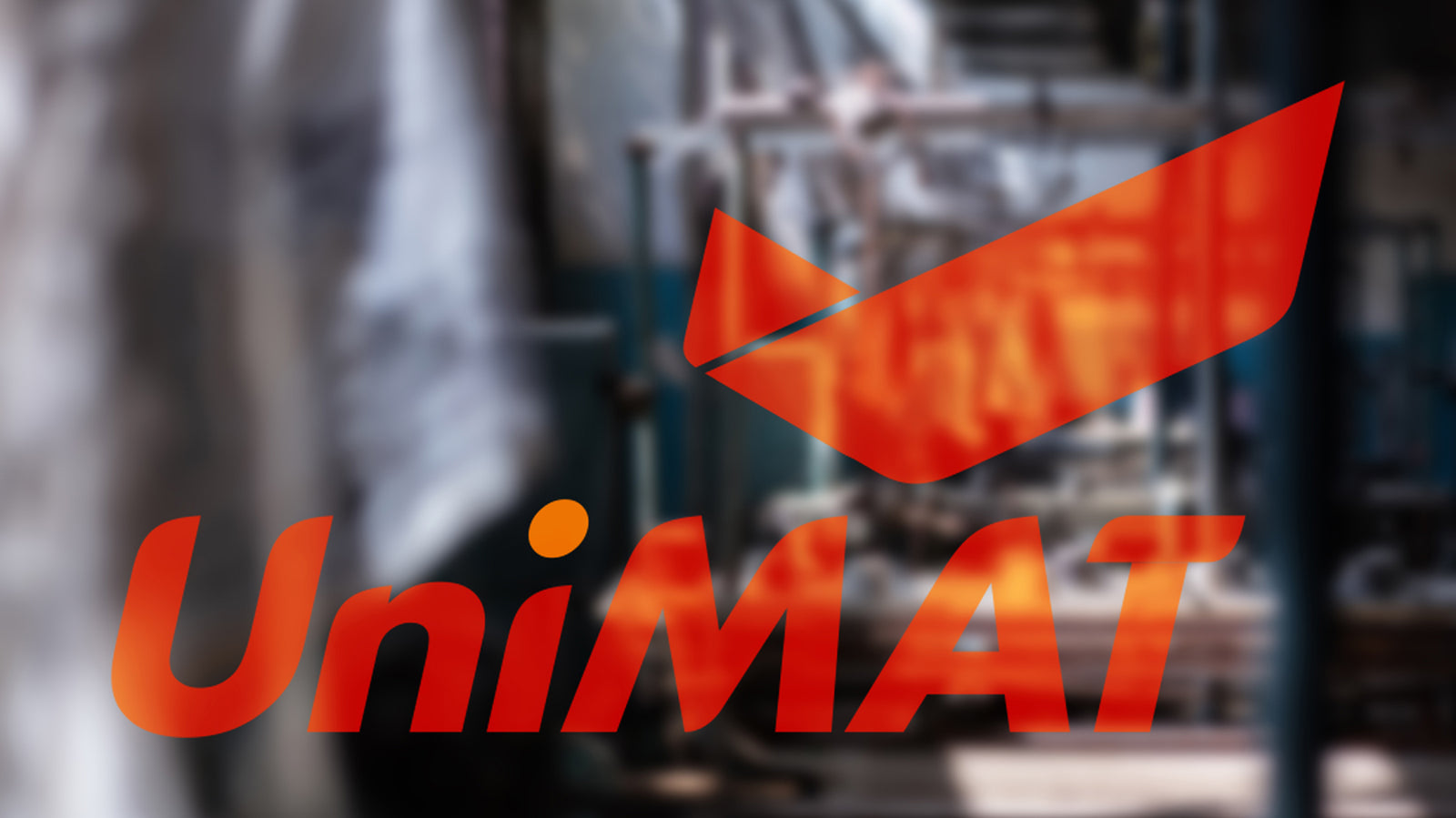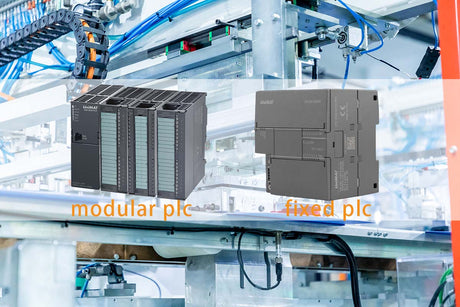Introduction:
The textile industry relies heavily on automation to optimize production processes and ensure quality control. This case study showcases the successful collaboration between UniMAT, a fictitious service company specializing in industrial automation, and TextileTech, a leading textile manufacturing company. UniMAT deployed their expertise using the SR40 CPU, a robust programmable logic controller (PLC), in a project that has been running smoothly without any reported issues. Furthermore, UniMAT's commitment to product training and continuous support has contributed to the project's success.
Client Overview:
TextileTech is a renowned textile manufacturer, catering to various sectors with a wide range of fabric products. With a focus on delivering high-quality textiles efficiently, TextileTech sought to optimize their production processes through the integration of advanced automation systems.
UniMAT's Solution:
UniMAT, a trusted name in industrial automation, proposed a comprehensive automation solution tailored to TextileTech's specific requirements. The SR40 CPU, a reliable and versatile PLC model, was selected to provide seamless control and monitoring capabilities in TextileTech's production lines.
Implementation and Integration:
UniMAT's automation experts closely collaborated with TextileTech to understand their manufacturing processes and identify areas where automation could enhance productivity. Based on the analysis, the SR40 CPU was chosen for its superior performance, extensive programming options, and compatibility with TextileTech's existing infrastructure.
Installation and Commissioning:
Following the solution selection, UniMAT's experienced technicians proceeded with the installation and commissioning phase. They seamlessly integrated the SR40 CPU into TextileTech's production lines, ensuring proper wiring, configuration, and programming. Rigorous testing and quality checks were conducted to verify the system's functionality and compatibility.
Operational Performance:
Once the system was up and running, TextileTech experienced a significant improvement in their production efficiency and product quality. The UniMAT solution, powered by the SR40 CPU, provided precise control and monitoring, enabling real-time adjustments and ensuring consistent fabric quality. The automation system streamlined operations, minimized errors, and increased overall productivity.
Stable Operation and Ongoing Support:
Since the implementation, the UniMAT solution integrated with the SR40 CPU has operated flawlessly, without any reported issues or downtime. TextileTech has praised UniMAT's commitment to providing regular product training sessions, empowering their employees to understand and utilize the system to its fullest potential. UniMAT's dedicated support team has also been readily available to address any queries or concerns that may arise.
Conclusion:
The successful collaboration between TextileTech and UniMAT exemplifies the positive impact of automation in the textile industry. By integrating UniMAT's solution, utilizing the reliable SR40 CPU, TextileTech achieved enhanced production efficiency, improved product quality, and minimized operational errors. UniMAT's commitment to providing ongoing support, including regular product training, ensures that TextileTech can maximize the benefits of their automation system. This case study highlights UniMAT's dedication to delivering reliable and robust automation solutions, enabling companies in the textile industry to achieve operational excellence and maintain a competitive edge.









